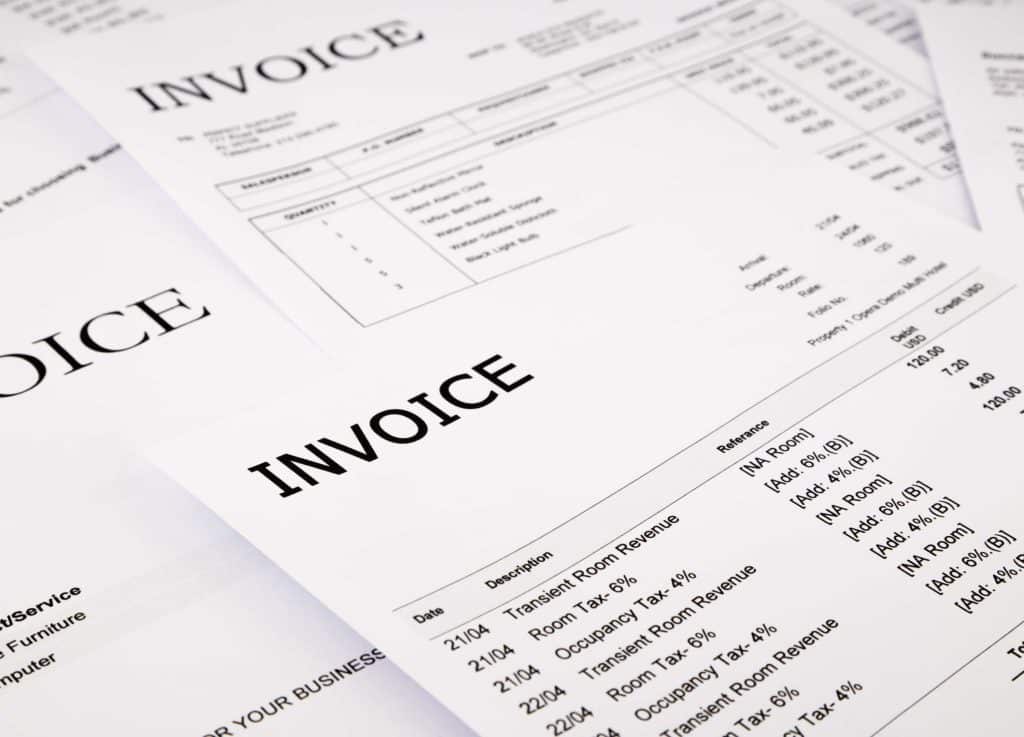Automatic PAYE Refunds: Important Changes
HMRC has stopped posting out automatic cheques for individuals due tax refunds. Now, in order to receive your PAYE repayment,…Read More

by Fiona O’Loughlin, Director and Principal
A healthy cash flow is imperative to a small business or start-up. If you’re reading this, you’ve probably had to deal with cash flow issues at some point in your life. It might have been in a past job, or it might be now. Whether we like it or not, cash flow is a routine part of business. If you are the owner of a small business, or are looking to start one, how do you keep yourself out of financial trouble?

Our Director, Fiona O’Loughlin has written a very helpful guide below on how to avoid such issues. She explains the importance of cash flow forecasting, managing your stock levels, keeping up with sales invoices and other key areas.
Preparing a cash flow forecast is essential to ensure that your business has sufficient funds to pay its expenses. It will also allow you to budget for extra items. You will need to regularly update this so that you know where your business stands and if you need to make any changes. When preparing a cash flow forecast it is important to consider:

In a small business or start-up, sales invoices are key to cash flow management. Sales invoices should be sent out promptly. You could even consider offering discount to customers for early payment.
A well-written sales invoice will include the amount, date of sale, the name and address of your customer, details about the goods or services sold and any discount that was applied. Payment terms should also be noted on the invoice as these can affect when you expect to receive your payment.
Staying on top of cash collection is also important. If your payment isn’t received within the terms stated, follow this up immediately.

Having sufficient stock of your goods is imperative for keeping up with customer demand and avoiding lost sales. However, if you have significant excess stock on hand, it’s not only costing you money in storage costs – it’s also costing your business cash flow. If you’re holding a lot of stock that doesn’t sell, you may have to settle for lower prices for products that do sell, which could affect your profit margin. It would be wise to identify your low margin products and phase them out.
To avoid unnecessary expenditure, look in to negotiating more favourable terms with your suppliers. For example, lower prices or longer payment periods. It is also important to keep an eye on non-essential costs.

Where possible, build up a cash reserve within the business so that there is money in the bank should you need it. An overdraft or invoice discounting facility will provide cash in the quieter months of your business cycle.
Maintaining your financial accounts will help you determine whether your business is profitable. Know exactly how many sales you need to achieve to break even each month. Lastly, be aware that profit doesn’t always equal cash.
We work with our clients to provide a cohesive and comprehensive service based on their individual needs. Would you like to discuss any of the points mentioned in this blog? Contact our specialist team of Business Advisers in Bury on 0161 767 1200.
Want to keep up to date with what we are up to? Follow us on LinkedIn.
HMRC has stopped posting out automatic cheques for individuals due tax refunds. Now, in order to receive your PAYE repayment,…Read More
We are delighted to announce that the DTE Corporate Finance team has advised the shareholders of RJ Urmson Group on…Read More
In our last article we outlined the most common benefits of buying a business. Although, taking the acquisition route can…Read More